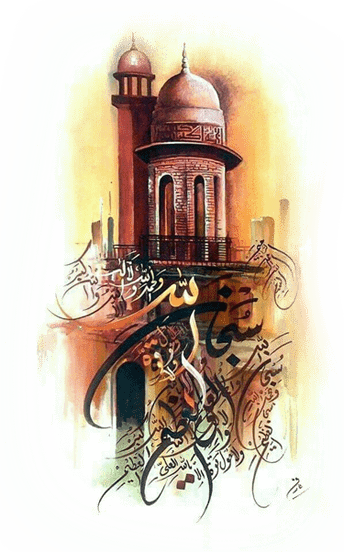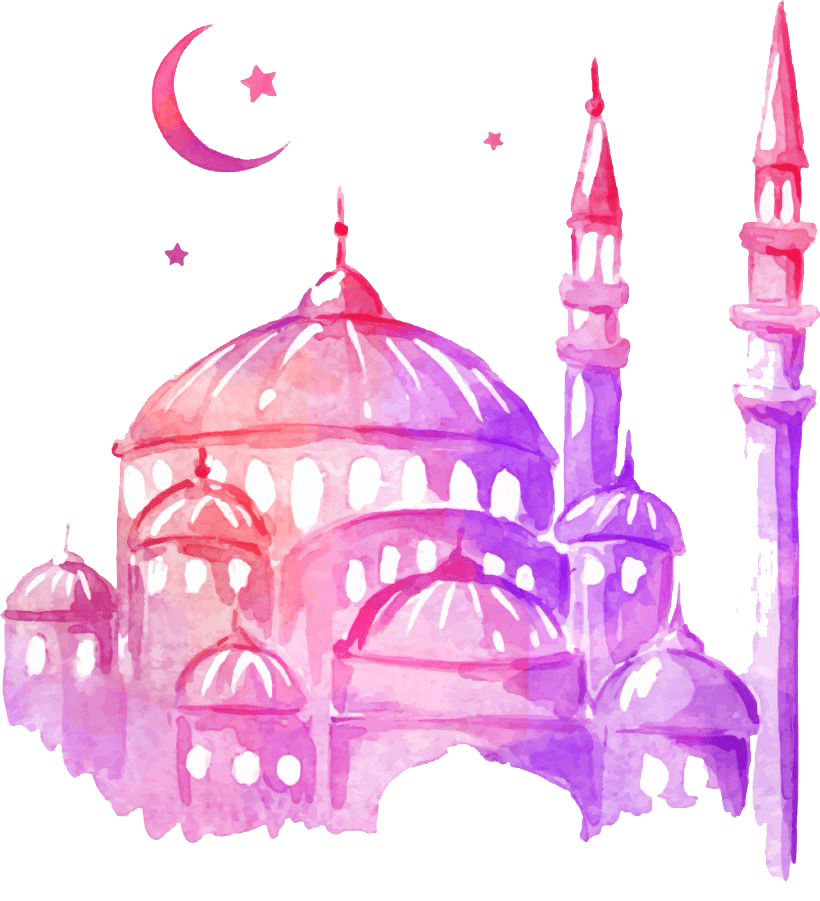About us
In 1987, the Turkish-Islamic Cultural Association in Gütersloh was founded under the umbrella of DİTİB. The association acquired a 2,400 m² plot of land from a carpentry workshop, whose halls it converted into a mosque and a community and cultural center in 1990.
In addition to the large prayer room for men and a smaller one for women, this includes a tea room, a kitchen, a library, a classroom for up to 30 children between the ages of 6 and 14 and a meeting room for young people. In 2009 the mosque received a minaret.
The construction costs were 50,000 euros. There is no call to prayer from the minaret; the 14 meter high tower is only symbolic. However, it can be illuminated on public holidays. In 2016, a dome was built on the roof of the mosque and the interiors were renovated. The reopening took place in the presence of MdB Ralph Brinkhaus.
The Selimiye Mosque takes its name in memory of the Sultan’s Mosque in Edirne, the Mosque of Selim II. The congregation had around 350 members in the year of its 34th anniversary in 2021.
Our Mission
We serve under the DITIB headquarters and DITIB pursues non-profit religious, charitable, cultural and sporting causes.
- Promotion and performance of religious services
- Promotion of interreligious dialogue
- Promotion of coexistence of people of different religions and cultures, international understanding and tolerance.
- Social support and advice for community members
- Coordination and supervision of religious, cultural and social activities of the local communities
- Coordination and promotion of integration work in the communities
- Promotion of the acquisition of the German language by migrants.
- Promotion of sports and youth work
- Promotion and offers for women's work and women-specific advice
In order to achieve the statutory goals, we carry out our activities on a voluntary basis.
Die Türkisch-Islamische Union der Anstalt für Religion e.V.Things - What we do
In our cultural activities, it is important to us that our children and young people can preserve their traditional identity and at the same time build up their self-identity.
Another concern of our work is to present this culture to the German majority society, because different cultures and religions are an advantage and an enrichment for society as a whole.



